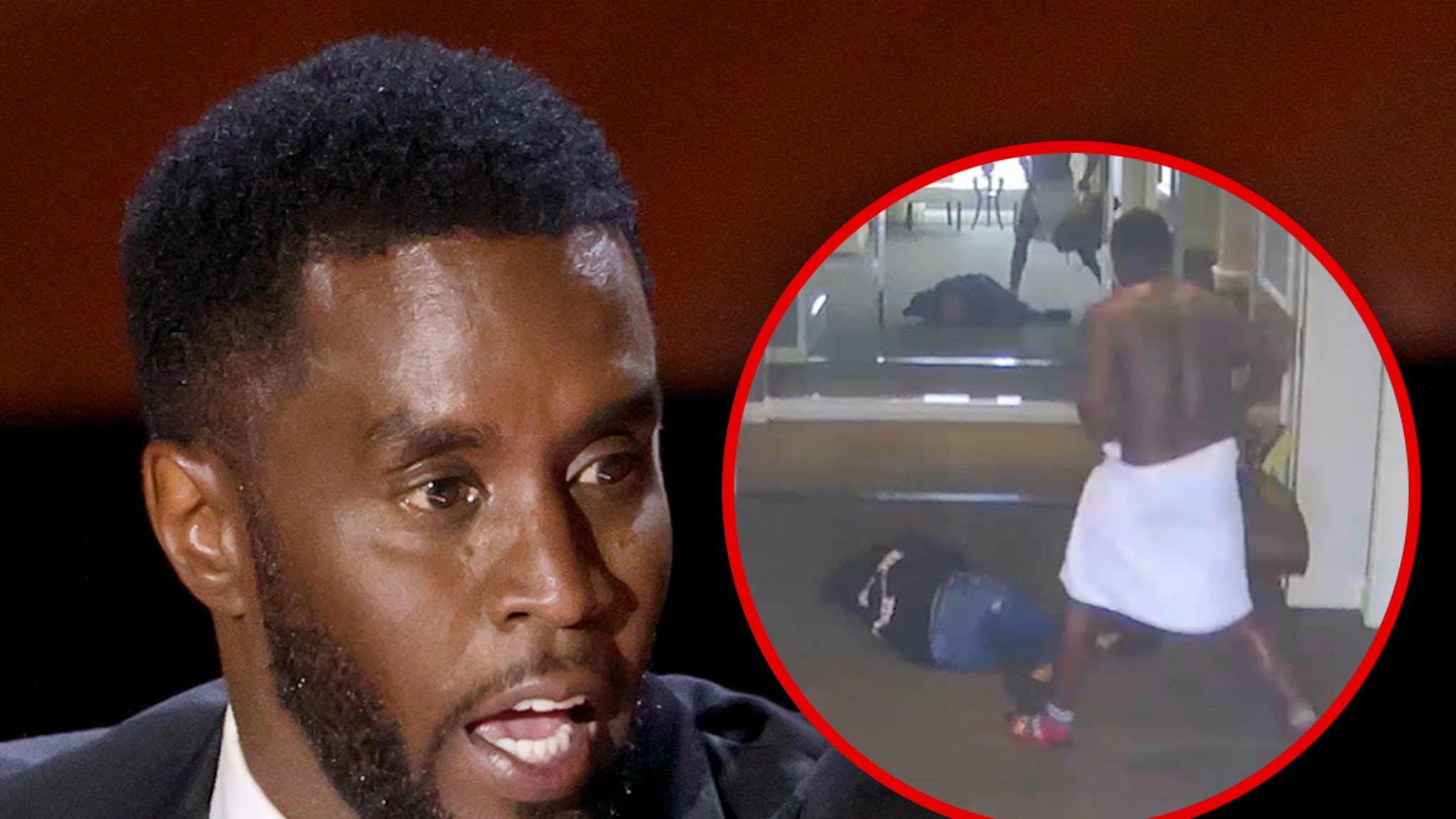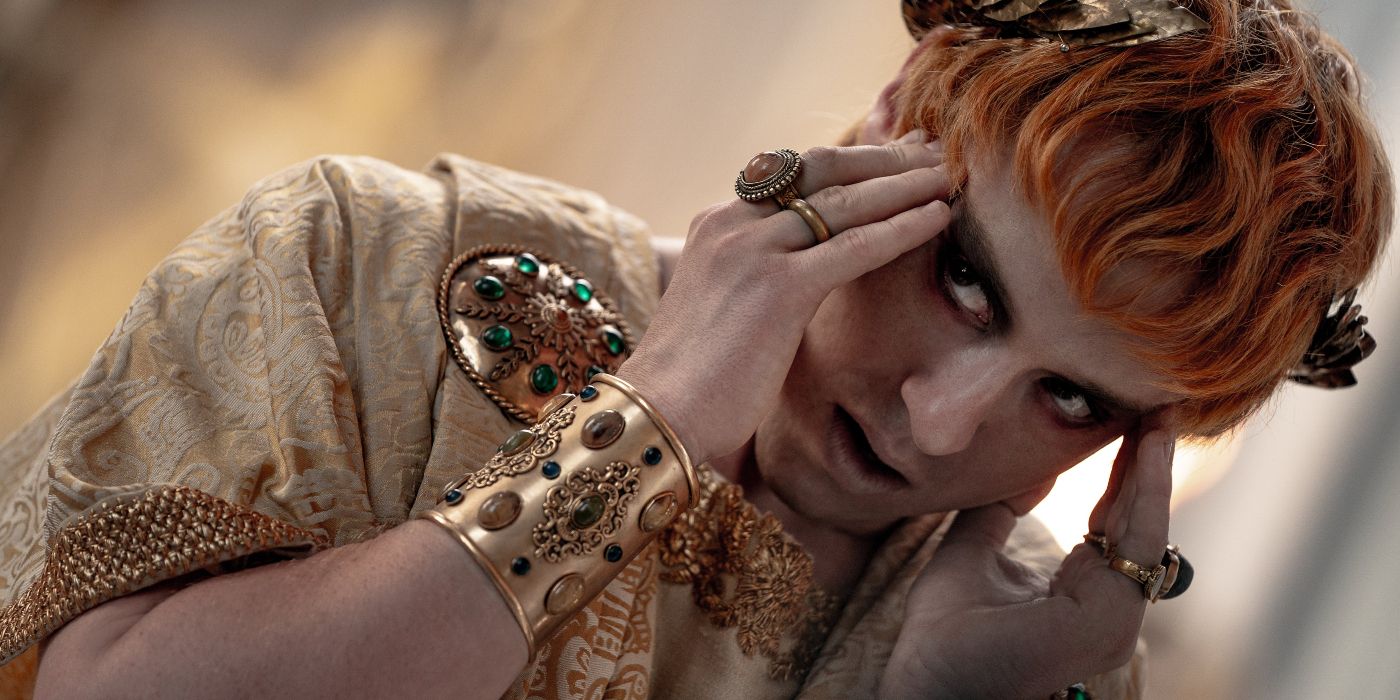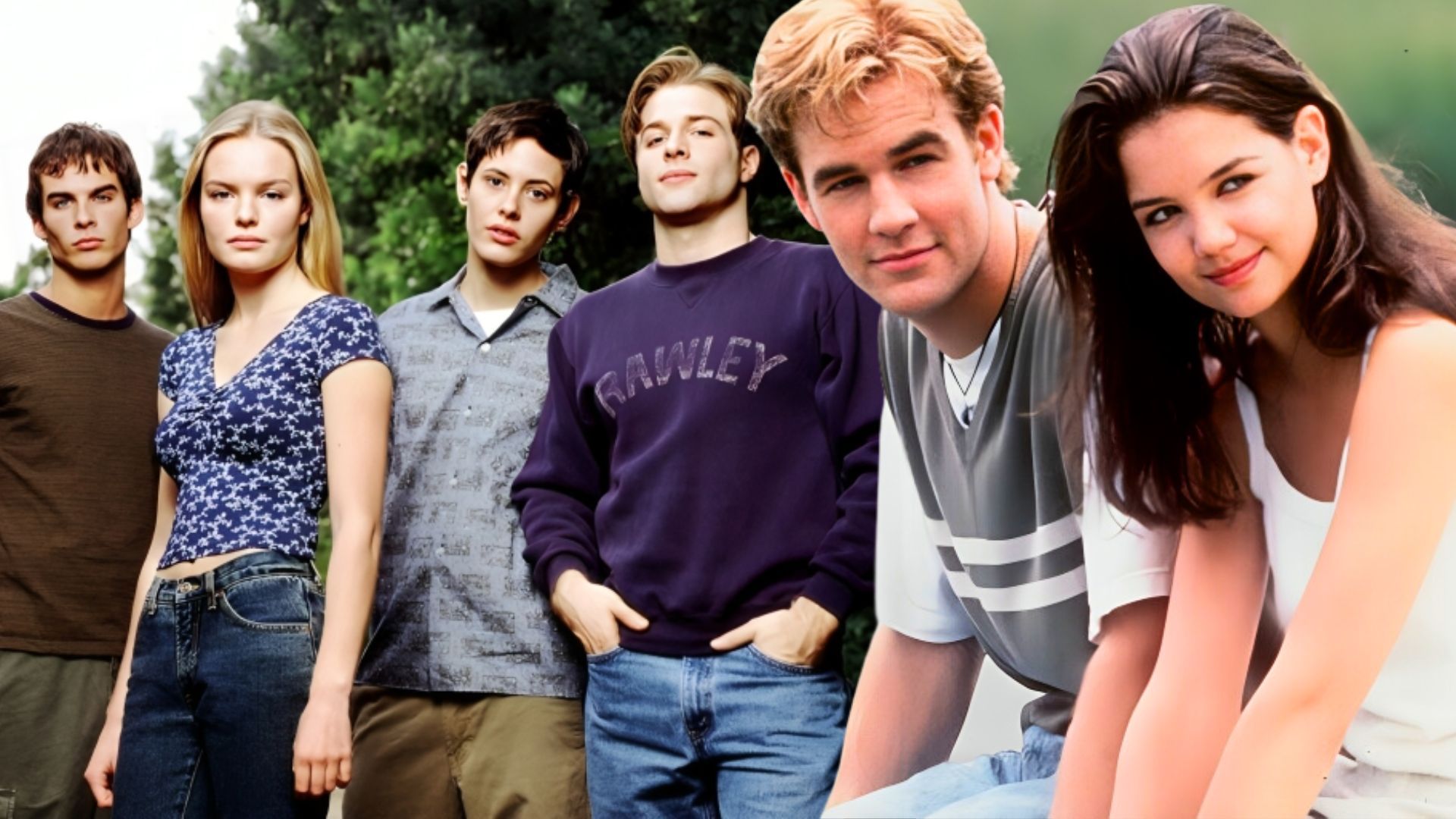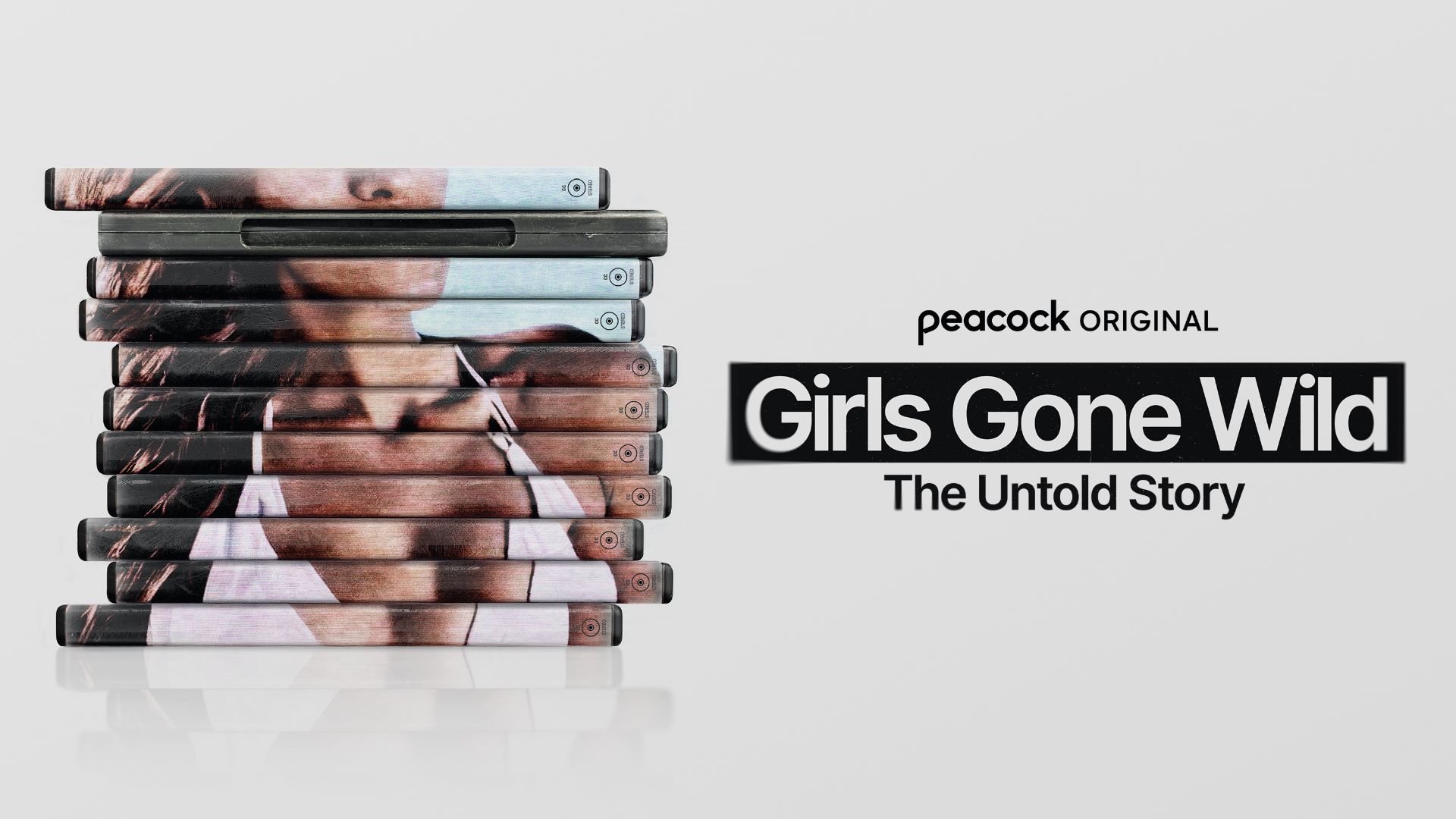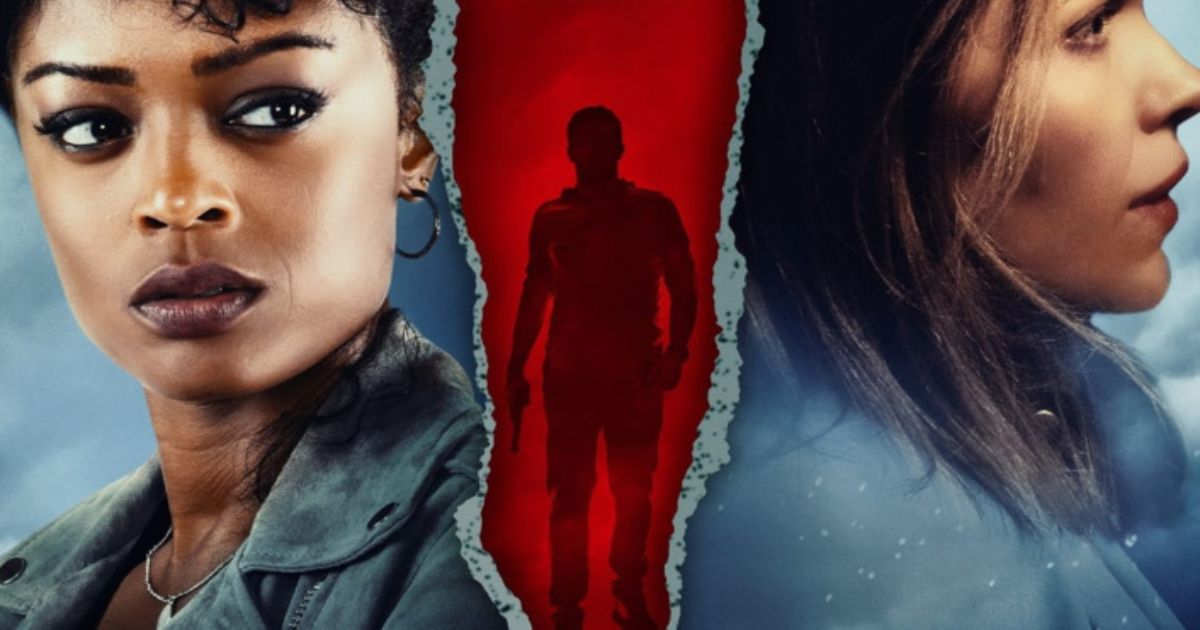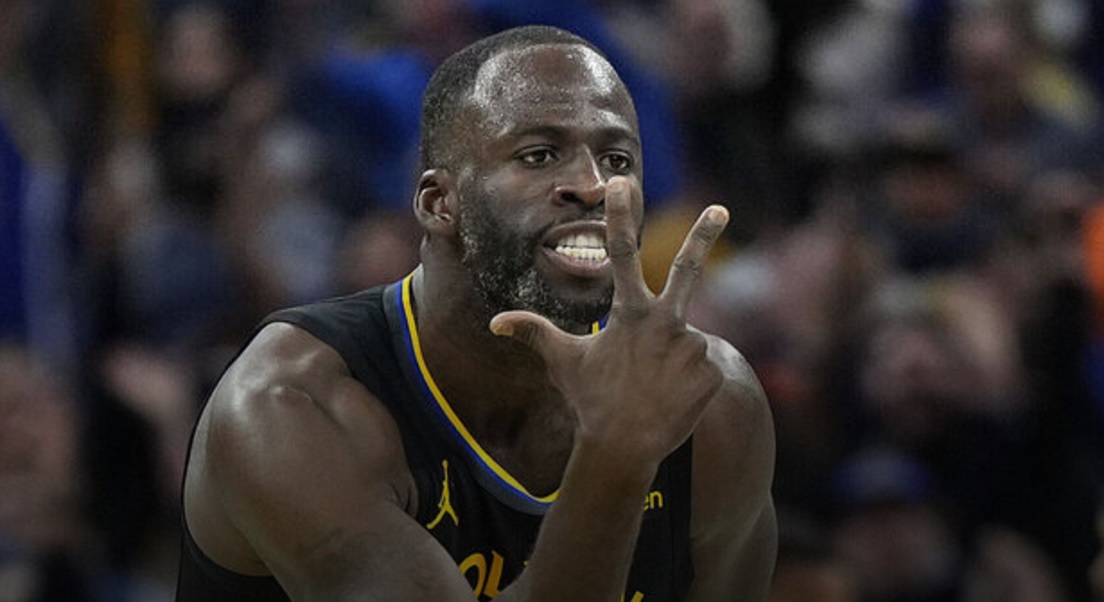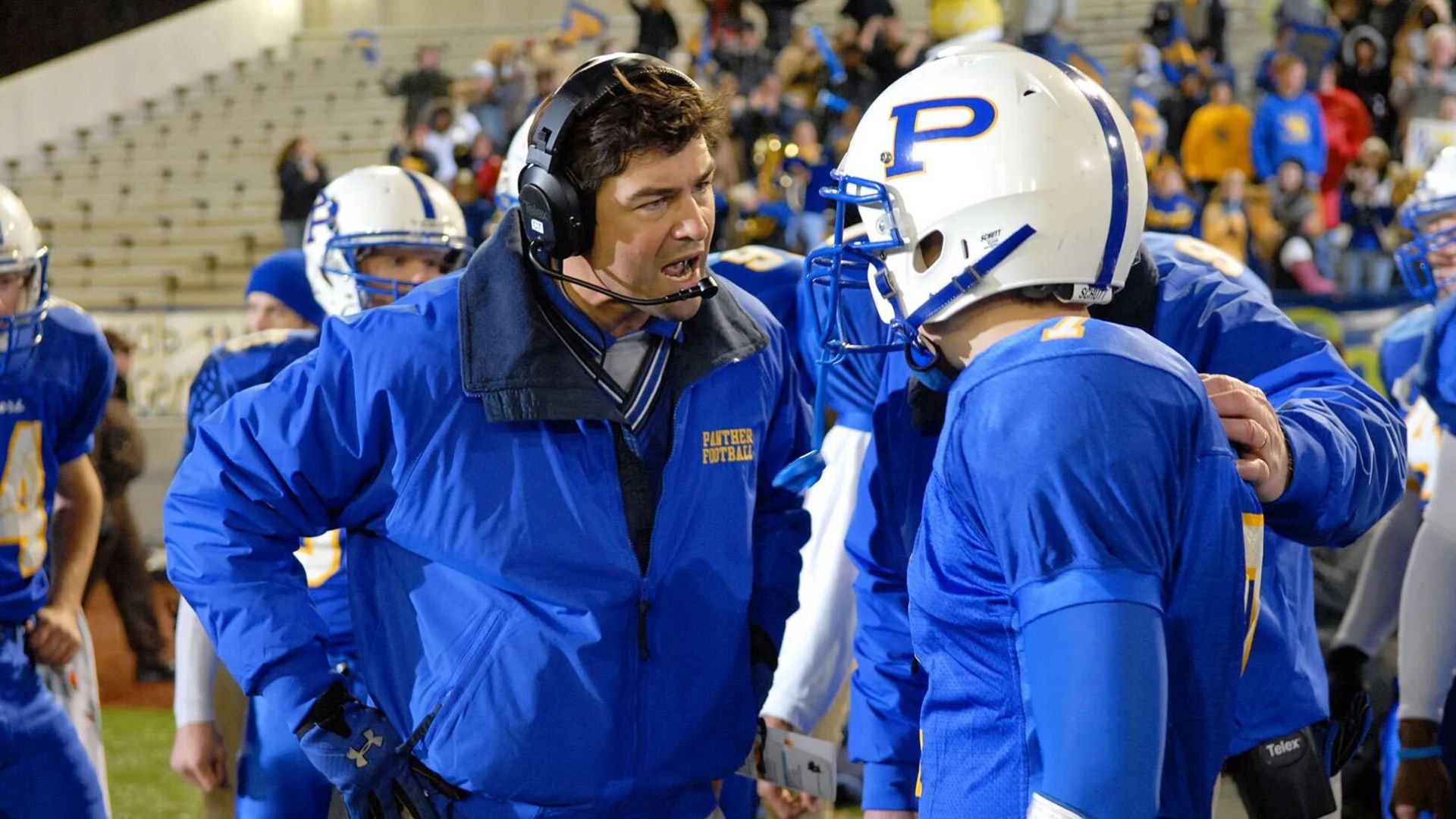Another subject that proved to be of fertile ground to this year’s crop of films was, of all things, 1990s-era skateboard culture, which served as the basis for no less than three films in the program. The highest profile of the bunch was “The Kids,” in which Eddie Martin takes a look back at the still-controversial 1995 indie hit “Kids” and its legacy, not through the eyes of director Larry Clark, writer Harmony Korine, or breakout stars Chloe Sevigny or Rosario Dawson, but those who didn’t become stars. They still feel raw about the experience, and how the film appropriated their cultural identity, turning it into another marketable commodity that did not reflect their lives. “Kids” also crops up in “All the Streets Are Silent,” a cinematic mixtape of archival footage and present-day interviews (including Dawson and fellow “Kids” star Leo Fitzpatrick) that provides an eye-opening look at the beginnings of a subculture that would eventually grow into a billion-dollar industry. These films are intriguing even if you have no working interest in the history of skateboarding but even the most devoted fans may find themselves quickly losing patience with “The Scars of Ali Boulala,” a deeply annoying film in which a former Swedish teen skateboard sensation looks back on a life filled with booze, drugs, dangerous stunts, and adolescent aggression. He finally turned around after a drunken motorcycle accident that landed him in a coma and jail and the fellow skater riding with him into the grave. The film is little more than a 100-minute pity party for someone who is nowhere near as fascinating or charismatic as it insists that he is, and while it might not be the worst movie of the festival, it may be the one that left me the angriest afterwards for having wasted my time on it.
“Accepted”
On the other hand, there were a group of documentaries that intended to inspire anger in viewers by illustrating injustices in order to then help spur change. Dan Chen’s “Accepted” puts its focus on the increasingly driven competition to earn places at the most desirable colleges by centering on the TM Landry Prep School, a school in rural Louisiana run by the charismatic Mike Landry. The school boasts a 100% college acceptance rate that proves to be too good to be true, and Chen’s film forces viewers to contemplate the undeniable inequities of the college admission process, and how people like Landry will cheerfully exploit them at the expense of the students. Kristine Stolakis’ often-horrifying “Pray Away” takes a look at the rise of Exodus International—an evangelical organization dedicated to so-called “conversion therapy” designed to allegedly make LGBTQ people straight—through the eyes of several who worked for the group but who have gone on to disavow it completely. Using the story of media personality Michelle Visage as its narrative spine, Jeremy Simmons’ “Explant” takes a sometimes funny but often brutal look at the breast implant industry, and how the health-related complaints of countless clients were summarily ignored in the race for greater profits at any cost.
Another undeniably effective demonstration of advocacy filmmaking was “The Price of Freedom,” in which filmmaker Judd Ehrlich powerfully observes the development of the NRA from a legitimate sportsman group to a political organization so powerful that it cowed decades of legislators to ignore the public demand for saner gun laws. The film also picks apart the group’s arguments for the necessity for guns, often with the help of people who have themselves been the victims of gun violence. Although the stakes may be somewhat lower in comparison, Andrea Nix Fine and Sean Fine’s “LFG” is no less enraging as it charts the gender discrimination lawsuit brought by the U.S. Women’s National Soccer Team—you know, the one that actually wins world championships—against the U.S. Soccer Federation.
You can view the original article HERE.

